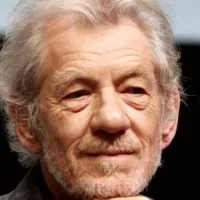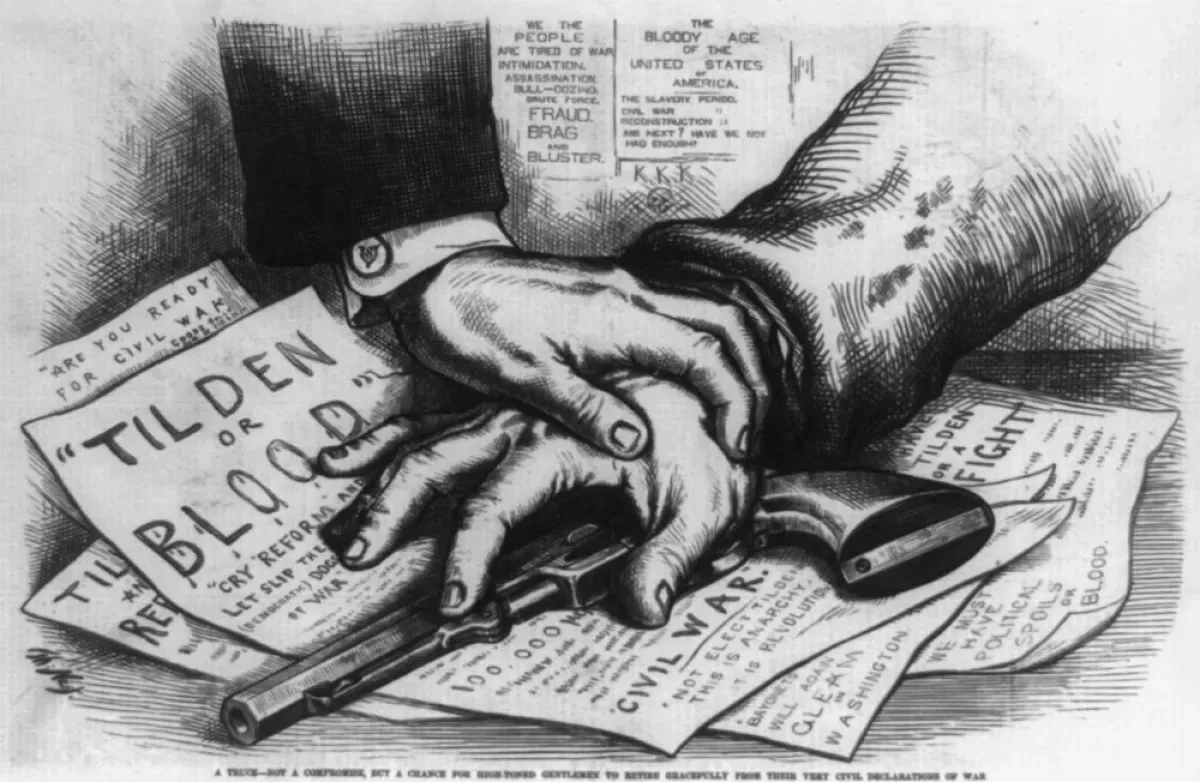A ceasefire represents a temporary suspension of hostilities in a conflict, achieved through mutual agreement between opposing sides. It signifies a cessation of aggressive actions, often facilitated by the intervention of a neutral third party acting as a mediator. Ceasefires can be established between nation-states or involve non-state actors engaged in armed conflict. While it halts fighting, a ceasefire doesn't necessarily indicate a resolution to the underlying issues that caused the conflict.
1947: Indo-Pakistani War of 1947
In 1947 the Indo-Pakistani War took place. Following this war, in 1949 the Karachi Agreement was signed by the military representatives of India and Pakistan, supervised by the United Nations Commission for India and Pakistan, establishing a cease-fire line in Kashmir.
November 29, 1952: Eisenhower visits Korea to end the Korean War
On November 29, 1952, US president-elect Dwight D. Eisenhower visited Korea to assess how to end the Korean War.
July 27, 1953: Korean Armistice Agreement Signed
On July 27, 1953, the UN Command, the Korean People's Army (KPA), and the People's Volunteer Army (PVA) signed the Korean Armistice Agreement, establishing the Korean Demilitarized Zone (DMZ), although South Korean President Syngman Rhee did not sign the agreement.
1968: Failed New Year's Day Truce in Vietnam War
On New Year's Day, 1968, Pope Paul VI's call for a 24-hour truce in Vietnam War was not honored by the Viet Cong and North Vietnam, who launched attacks, resulting in casualties.
January 15, 1973: Nixon Orders Ceasefire of Aerial Bombings in North Vietnam
On January 15, 1973, US President Richard Nixon ordered a ceasefire of the aerial bombings in North Vietnam following Henry Kissinger's return from Paris with a draft peace proposal; combat missions continued in South Vietnam.
1989: Ceasefires in Civil Conflicts
In 1989, as part of the period of 1989-2020, there were an estimated 2202 ceasefires across 66 countries involved in 109 civil conflicts.
June 1993: Bombing of Iraq in June 1993
In June 1993, Iraq was bombed in response to an alleged assassination attempt on former US President George H. W. Bush.
1998: Operation Desert Fox
In 1998, during Operation Desert Fox, US President Bill Clinton ordered the bombing of Baghdad.
2003: US and UK Forces Invade Iraq
In 2003, US and UK forces invaded Iraq, leading to the toppling of Saddam Hussein's regime from power.
February 8, 2005: Israel and Palestinian National Authority Announce Ceasefire
On February 8, 2005, Israel and the Palestinian National Authority announced a ceasefire, with both sides declaring a full cessation of violence against each other.
2018: India Declares Ceasefire in Kashmir Valley During Ramadan
In 2018, India declared a ceasefire in Kashmir Valley during Ramadan.
June 2020: UN Member States Support Global Ceasefire Appeal
On June 24, 2020, 170 UN Member States and Observers signed a non-binding statement in support of the United Nations Secretary-General’s appeal for a global ceasefire. That number rose to 172 on June 25, 2020.
July 2020: UN Security Council Demands Global Cessation of Hostilities
On July 1, 2020, the UN Security Council passed a resolution demanding a general and immediate global cessation of hostilities for at least 90 days.
2020: Ceasefires in Civil Conflicts
In 2020, as part of the period of 1989-2020, there were an estimated 2202 ceasefires across 66 countries involved in 109 civil conflicts.
May 2023: Trump Claims He Could Broker Ukraine-Russia Ceasefire in 24 Hours
In May 2023, Donald Trump stated that as US president he could negotiate a ceasefire agreement to end the war between Ukraine and Russia within 24 hours due to his good relationships with both leaders.
November 21, 2023: Qatar Negotiates Truce Between Israel and Hamas
On November 21, 2023, Qatar announced that they had negotiated a truce between Israel and Hamas to pause Gaza war, allow for the release of some hostages and bring more aid to Palestinian civilians. As part of the deal, 50 hostages held by Hamas were released while Israel released 150 Palestinian prisoners.
November 26, 2024: 2024 Israel-Hezbollah ceasefire announced
On November 26, 2024, United States President Joe Biden announced the 2024 Israel–Hezbollah ceasefire.
Mentioned in this timeline

Donald John Trump is an American politician media personality and...

Bill Clinton the nd U S President - served as...
Ukraine is a country in Eastern Europe the second-largest on...
Qatar is a country located on the Qatar Peninsula in...
India officially the Republic of India is a South Asian...

Christmas is an annual festival celebrated on December th commemorating...
Trending

49 minutes ago KJ Simpson signs two-way contract with Denver Nuggets after Hornets trade casualty.

3 days ago Deandre Ayton Detained in Bahamas Airport for Marijuana Possession, Later Released.

49 minutes ago Lakers consider lineup changes; Hachimura off bench while reactions flood for LaRavia.

50 minutes ago Nikola Jokic Commits to NBA, Prioritizes Championship over Horse Racing Interests.

50 minutes ago Ian McKellen, at 86, Reflects on Mortality and Legacy in Acting Career.
2 hours ago Swiss industry pushes for US deal amidst tariff ruling and democracy debates.
Popular

Jesse Jackson is an American civil rights activist politician and...
Randall Adam Fine is an American politician a Republican who...

Barack Obama the th U S President - was the...

Ken Paxton is an American politician and lawyer serving as...

Bernie Sanders is a prominent American politician currently serving as...

Pam Bondi is an American attorney lobbyist and politician currently...
